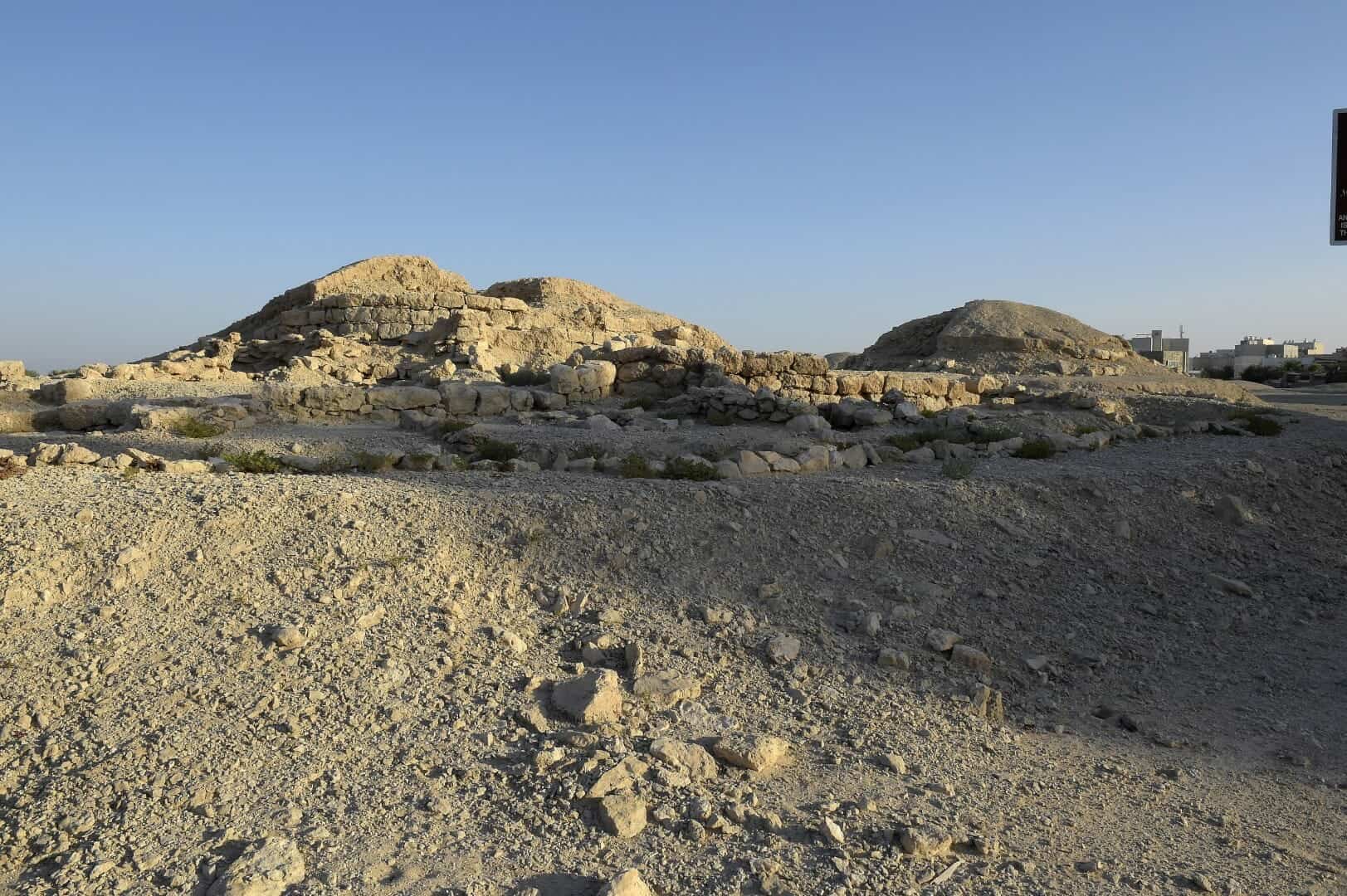The US and Bahrain have pledged to work together to combat criminal misuse of the art and antiquities market besides strengthening trade practices and cultural exchange.
In a joint statement, the two countries said they have been alarmed by growing evidence of antiquities looting and trafficking, as well as money laundering and terrorist financing in the wider art market.
The statement was issued after a webinar “Strengthening Bilateral Ties to Fight Against the Illicit Trade in Cultural Property” organized by the US-based Antiquities Coalition, in collaboration with the Bahrain Authority for Culture and Antiquities (BACA) and the US Department of State.
The webinar focused on the critical role of culture in global security, national economies, and foreign diplomacy.
Antiquities Coalition had also hosted a virtual closed-door workshop in September in collaboration with the BACA and the Department of State on strengthening international cooperation in the fight against the looting and trafficking of cultural property.
The coalition said the US remains the world’s largest art market, making up 42 percent of the global total.
However, with the creation of new and prominent museums, a booming art market, and a strong push for cultural tourism, the Gulf States are quickly becoming key players, the Coalition said.
In particular, with strong ministerial leadership from the BACA, Bahrain is now enjoying a prominent role in the art world, serving as the host of the Arab Regional Centre for World Heritage.
The joint statement issued today said that both countries “believe these activities are a severe threat to the cultural heritage of our nations and the world, as well as the integrity of our marketplaces and museums”.
The two sides met first in August 2021 and identified a number of areas that would benefit from mutual support.
In continuation of the meeting, the two countries said they “now pledge to work together in this shared mission of cultural heritage protection”.
The four key areas of cooperation identified by the two are information sharing and network building; capacity building programs and technical assistance; strengthening legal frameworks and awareness raising.
US, Bahrain vow to fight illicit cultural property trade
2 min read

- The two countries issue joint statement after a key forum on antiquities, art crime.
- Information sharing, strengthening legal frameworks among key areas of future cooperation.
SPEEDREAD
Today's Headlines
The most important news stories of the day, curated by Post editors and delivered every morning.
By signing up you agree to our Terms of Use and Privacy Policy.
Most Read
Business and leisure combo drives GCC tourism boom
Audi’s sustainable Middle East luxury drive
GCC countries mobilize to build resilient industrial supply chains: report
‘Dubai, Abu Dhabi, Riyadh, Bahrain have reinforced position as top GCC tourist spots’
Geopolitical unrest generates an onslaught of DDoS attacks
Despite sanctions, Iran oil exports hit six-year high: report
Luxury goods boom in Gulf draws global investors
